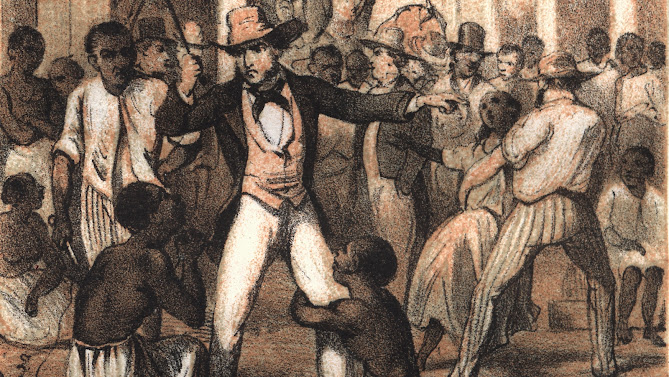Heresy of Athanasius
Athanasius believed that Christ did not know the time or the hour in his human nature:
Moreover, after narrating the parable of the Virgins, again He shows more clearly who they are who are ignorant of the day and the hour, saying, 'Watch therefore, for you know neither the day nor the hour Matthew 25:13.' He who said shortly before, 'No one knows, no not the Son,' now says not 'I know not,' but 'ye know not.' In like manner then, when His disciples asked about the end, suitably said He then, 'no, nor the Son,' according to the flesh because of the body; that He might show that, as man, He knows not; for ignorance is proper to man. - Against the Arians, Discourse 3, Chapter 28
Pope Gregory I affirmed that the view that "Christ is ignorant in his human nature" is Nestorianism:
Therefore (as) God and man He knows the day and the hour of judgment; but on this account, because God is man. But the fact is certainly manifest that whoever is not a Nestorian, can in no wise be an Agnoeta. For with what purpose can he, who confesses that the Wisdom itself of God is incarnate say that there is anything which the Wisdom of God does not know? - The Sources of Catholic Dogma, page 97
The interpretation of what Pope Gregory I says is affirmed by John Hardon:
AGNOETES. A sect of Monophysites who held that Christ was subject to positive ignorance. The leading exponent of its error was Deacon Themistios of Alexandria. He was condemned by the Church, which declared that Christ's humanity cannot be ignorant of anything of the past or of the future. To attribute ignorance to Christ's human nature is to profess Nestorianism (Denzinger 474-76). - Modern Catholic dictionary, page 16
Source: https://www.newadvent.org/fathers/28163.htm
Source: https://www.fisheaters.com/srpdf/xTheSourcesOfCatholicDogma.pdf
Source: https://archive.org/details/na00john/page/16/mode/2up



Comments
Post a Comment